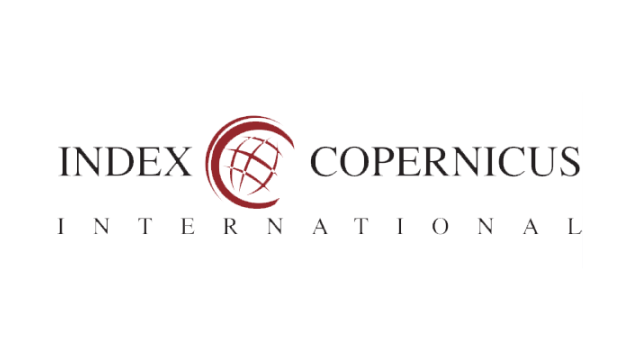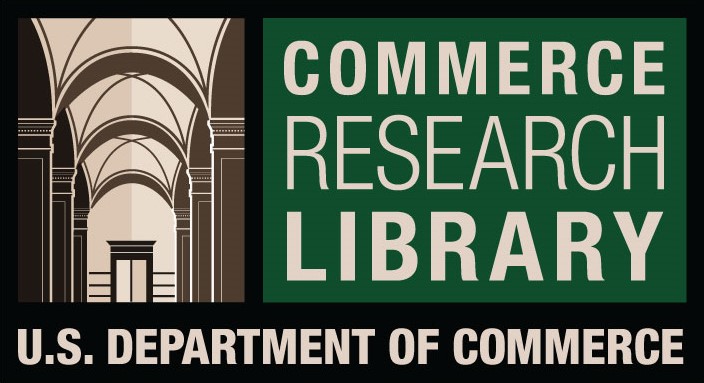The Implementation of the Licensing Service on Public Transport Operational in Tomohon City
DOI:
https://doi.org/10.61841/3dn9va40Keywords:
Policy Implementation,, License Services, Public Transport Operational.Abstract
This research aims at knowing the implementation of the service on public transport operational license in Tomohon city. Qualitative approach was used in this research and the data were collected by observation, interview and documentation. Based on research finding about the implementation of the service on public transport operational license in Tomohon city, could be concluded that: 1) in registration phase, the management mechanism of public transport operational license was opened to public. 2) in physical inspection of vehicle phase, there was lack of awareness regarding to the operational licensing management of public transport. 3) in retribution payment phase, government did not distinguish the background of society. 4) in the making of license, the equipping of worker (officer), tool and infrastructure were sufficient. 5) in signing phase, the determined procedure had not been yet undertaken well. Based on the conclusion of research finding, constructive suggestions that could be addressed to assist the implementation of the service on operational licensing of public transport in Tomohon city were: 1) The awareness of civil/public transport driver to obey and support the regulation brought on by the government was needed in order to maintain a good relationship between government and society. 2) government was expected to be wiser and more thoughtful in dealing with the problem occurred in signing phase, it should be better if the government (agency chiefs) could reduce the number of external duties and delegated to the vice with regard to the license signing.
Downloads
References
1. Anderson. 2003. Policy Implementation. Boston: Houghton Mifflin Company.
2. Abdul Wahab. 1990. Public Policy. Jakarta: Rineka Cipta
3. Abidin Zainal. 2010. Analisis Pengaruh Keandalandan Etos Kerja Terhadap Pelayanan Publik Pajak Pratama Medan Kota. Medan: USU.
4. Chandler, Ralph C. and Plano, Jack C. 1988. The Public Administration Dictionary, Second Edition.
5. Constitution Republic of Indonesia Number 22, 2009 about traffic and land transportation.
6. Easton. 1992. Kebijakan Publik. Jakarta: PT Raja Grafindo Persada.
7. Government Policy No. 74, 2014 about Land Transportation
8. Hadi, Sutrisno. 2009. Metodologi Penelitian. Yogyakarta: Andi Yogyakarta.
9. Ibrahim. 2008. Teori dan Konsep Pelayanan Publik Serta Implementasinya. Bandung: Mandar Maju.
10. Local Government Policy of Tomohon No. 10, 2012 about Reribution of Certain Permission.
11. Mustopa Didjaja. 2003. Transparansi. Jakarta: PT Dunia Pustaka Jaya.
12. Riant Nugroho. 2017. Public Policy Edisi keenam, revisi, Jakarta: Penerbit PT Elex Media Komputindo.
13. Thomas R. Dye. 1990. Public Policy. Jakarta: Rineka Cipta.
Downloads
Published
Issue
Section
License

This work is licensed under a Creative Commons Attribution 4.0 International License.
You are free to:
- Share — copy and redistribute the material in any medium or format for any purpose, even commercially.
- Adapt — remix, transform, and build upon the material for any purpose, even commercially.
- The licensor cannot revoke these freedoms as long as you follow the license terms.
Under the following terms:
- Attribution — You must give appropriate credit , provide a link to the license, and indicate if changes were made . You may do so in any reasonable manner, but not in any way that suggests the licensor endorses you or your use.
- No additional restrictions — You may not apply legal terms or technological measures that legally restrict others from doing anything the license permits.
Notices:
You do not have to comply with the license for elements of the material in the public domain or where your use is permitted by an applicable exception or limitation .
No warranties are given. The license may not give you all of the permissions necessary for your intended use. For example, other rights such as publicity, privacy, or moral rights may limit how you use the material.









